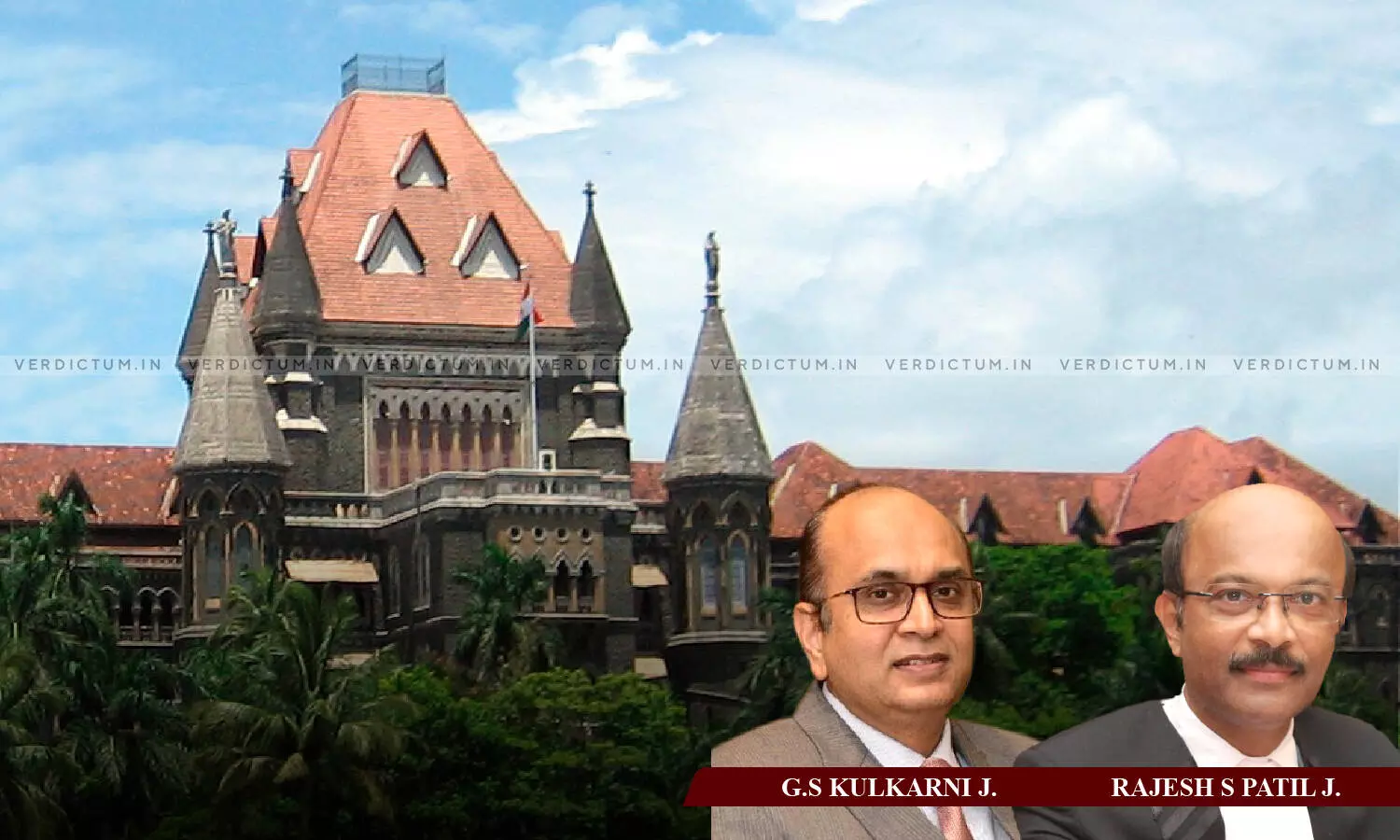
Bank Can Initiate Recovery Proceedings Under SARFAESI Act Against Guarantor, Even If Borrower Is Under Moratorium: Bombay HC
 |
|The Bombay High Court observed that a bank has the right to proceed against the mortgaged property of a personal guarantor even if there is a moratorium on action against the borrower.
The Bench headed by Justice G.S. Kulkarni and comprising Justice Rajesh S. Patil noted, “By Order dated 11.09.2019, the NCLT has declared a moratorium against the action being taken against the Borrower, including the SARFAESI proceedings. However, the Secured Asset is owned by the Petitioner/Guarantor. Therefore, according to us, as such, the Respondent No.3 /Bank can proceed against the Mortgaged Property of Personal Guarantor as per S.13(11) of the SARFAESI. The issue is already covered by the judgment of the Supreme Court in State Bank of India v. V. Ramakrishan & Anr. (2018) 17 SCC 394, which holds that S. 14 and S.31 of the IBC does not bar initiation and continuation of the SARFAESI proceedings against the Guarantor. As such, the bank has not violated the moratorium as ordered by the NCLT, in initiating SARFAESI Proceedings against Petitioner / Guarantor”.
Advocate M.J. Nedumpara appeared for the Petitioner, Advocate Akshaya Putharan appeared for Respondents no 1 to 3 and Additional Government Pleader Himanshu Takke appeared for Respondents no 10 to 13.
The Petitioner was the guarantor of Alaska Creations Pvt. Ltd., which defaulted on a loan from the Bank of Baroda. The Bank took symbolic possession of the secured asset and filed a Securitisation Application. The Chief Metropolitan Magistrate appointed the Assistant Registrar as Court Commissioner to take possession of the secured asset. The Borrower Company was also facing proceedings under the Insolvency and Bankruptcy Code (IBC) initiated by a supplier, claiming to be an operational creditor. The National Company Law Tribunal (NCLT) admitted the petition and declared a moratorium against the action against the Borrower, including the Securitisation and Reconstruction of Financial Assets and Enforcement of Security Interest Act (SARFESI) proceedings.
The Petitioner then filed a writ petition seeking a declaration that the company was a Micro, Small and Medium Enterprises (MSME) entity and that the proceedings for recovery under the SARFAESI Act, Recovery of Debts and Bankruptcy Act (RDB Act), and the IBC would not be applicable. He sought a declaration that the Bank's claims should be set off/adjusted against his claim for damages and compensation. He also filed a petition before the High Court seeking a declaration that the Micro, Small and Medium Enterprises Development Act, 2006 (MSMED Act) was a special law and therefore, should supersede SARFAESI Act.
The Court rejected the Petitioner's arguments that the Bank had violated the moratorium imposed by NCLT on the borrower company. However, the Court noted that the moratorium did not apply to the Petitioner, as he was not a party to the insolvency proceedings. The Court also observed that the Petitioner had not disputed the borrower company's liability to the Bank and had only challenged the Bank's legal actions under the SARFAESI Act. The Court placed reliance on Supreme Court Judgement in the case of Authorized Officer, State Bank of Travancore and Ors. Vs. Matthew K.C. [(2018) 3 SCC 85] and held that High Courts should refrain from exercising jurisdiction under Article 226 if statutory remedies are available under DRT Act and SARFAESI Act.
In this context, the Bench asserted, “The Petitioner has not disputed Borrower having availed the Loan Amount or charge being created over the Secured Assets, but the Petitioner has challenged the Legal Steps taken by the Respondent Bank under the provision of the SARFAESI… Supreme Court in the matter of Authorized Officer, State Bank of Travancore and Ors. Vs. Matthew K.C. (30.01.2018): (2018) 3 SCC 85 held that if statutory remedies under the DRT Act and the SARFAESI Act is available, High Court should not exercise its jurisdiction under Article 226 for passing orders”.
The Court asserted that the Petitioner has already availed the remedies available under the SARFAESI Act by filing a securitisation application in the Debt Recording Tribunal (DRT). The Court observed that it was not necessary to entertain the writ petition, as the petitioner can challenge the Bank's action in the DRT.
“Petitioner has already availed the benefits of Section 17, by preferring an exhaustive application by way of Securitisation Application no.92 of 2022 before the D.R.T. On 8 May 2023, liberty was granted to the parties to file Written submissions, and matter was closed for orders... Respondent has pleaded that the Petitioner herein, since the initiation of the proceedings under SARFAESI by the respondent No.3, has neither objected to the Demand Notice dated 25.04.2019 nor has he and or Borrrower approached the Respondent Bank, with a proposal to restructure or for the settlement of the due to the Borrower”, the Bench noted.
Accordingly, the Court dismissed the Petition.
Cause Title: Mr. Latif Yusuf Manikkoth v The Board of Directors of Bank of Baroda